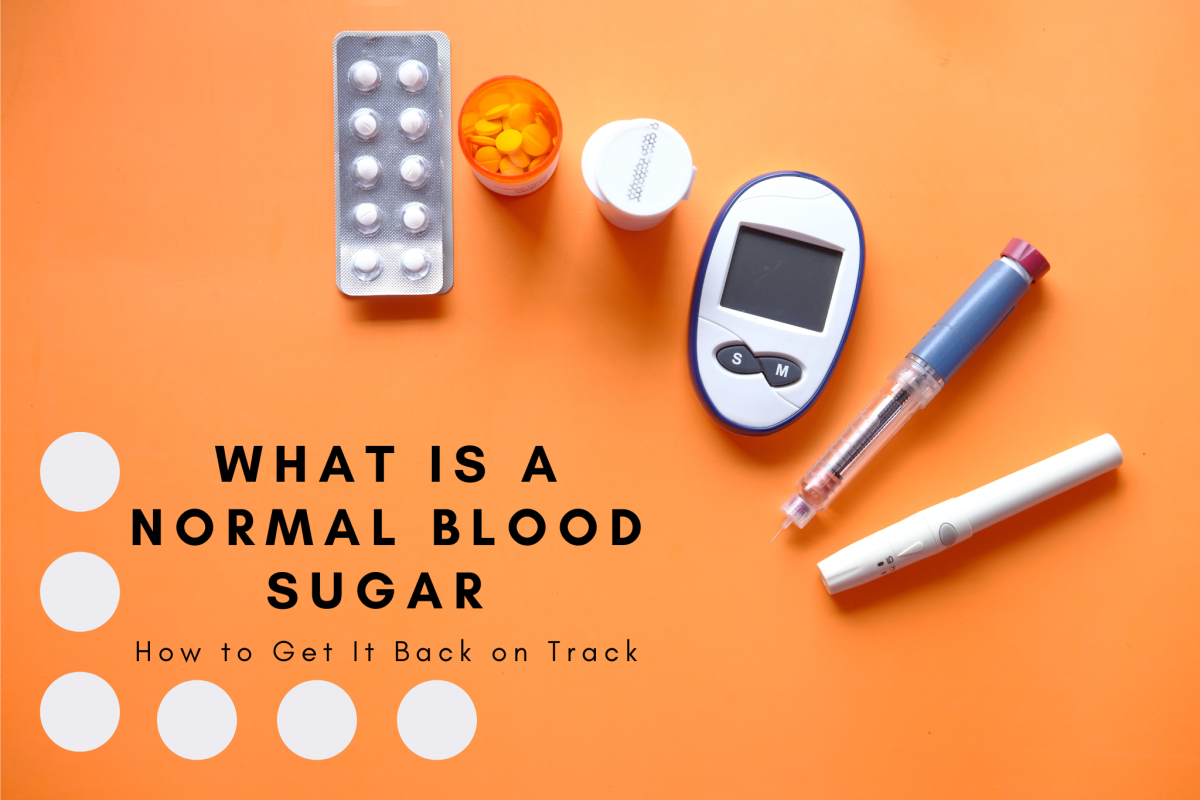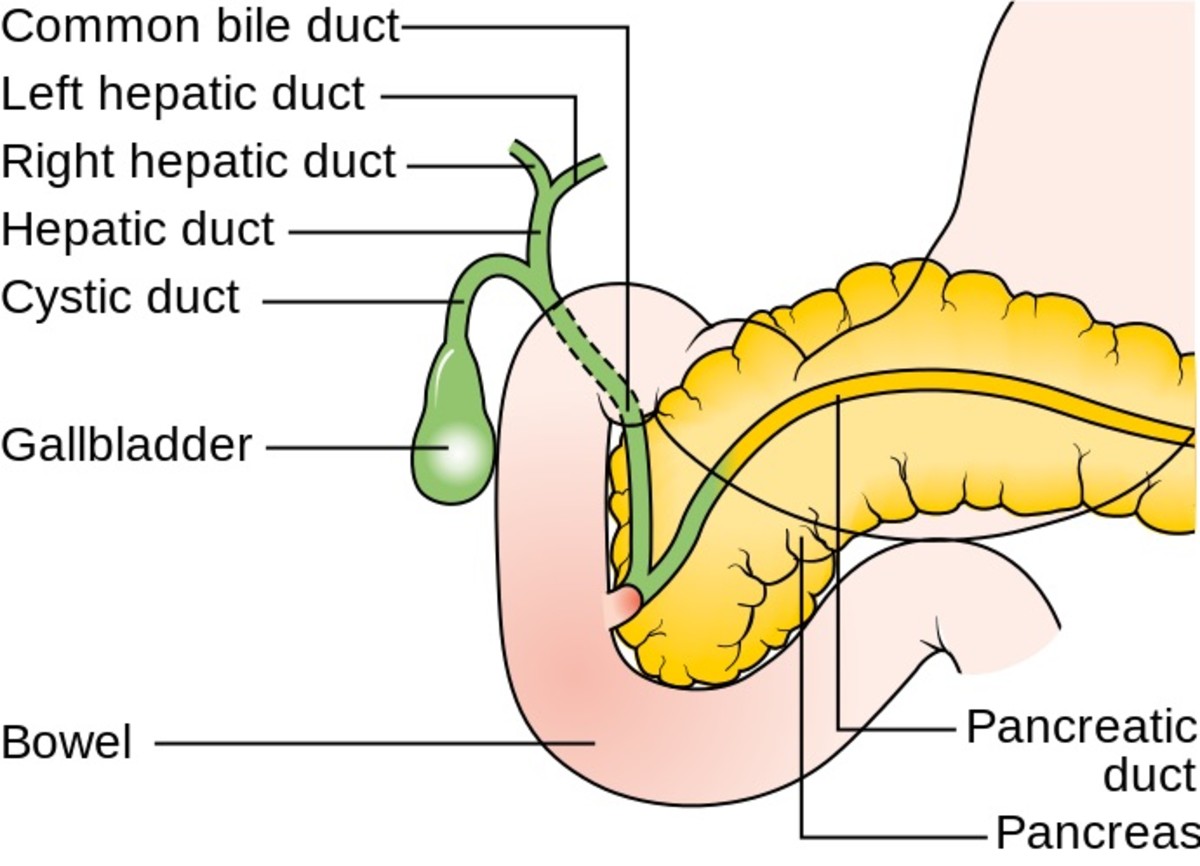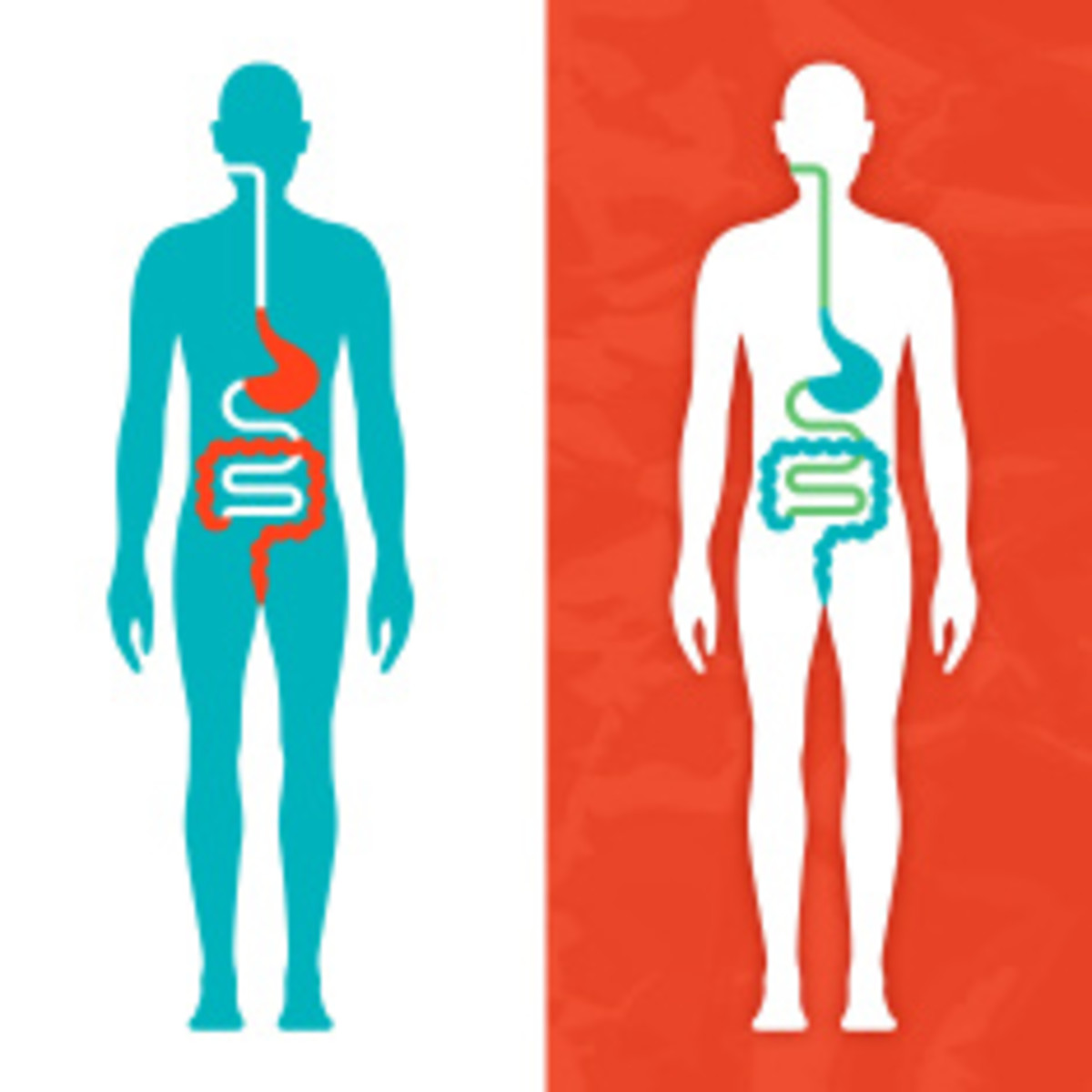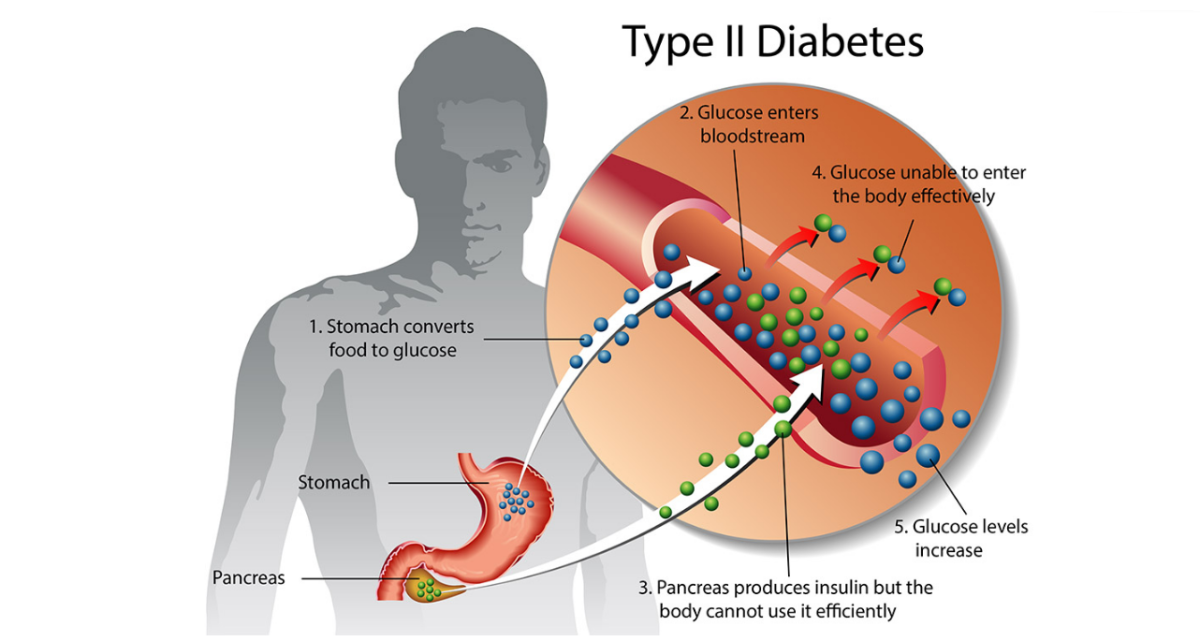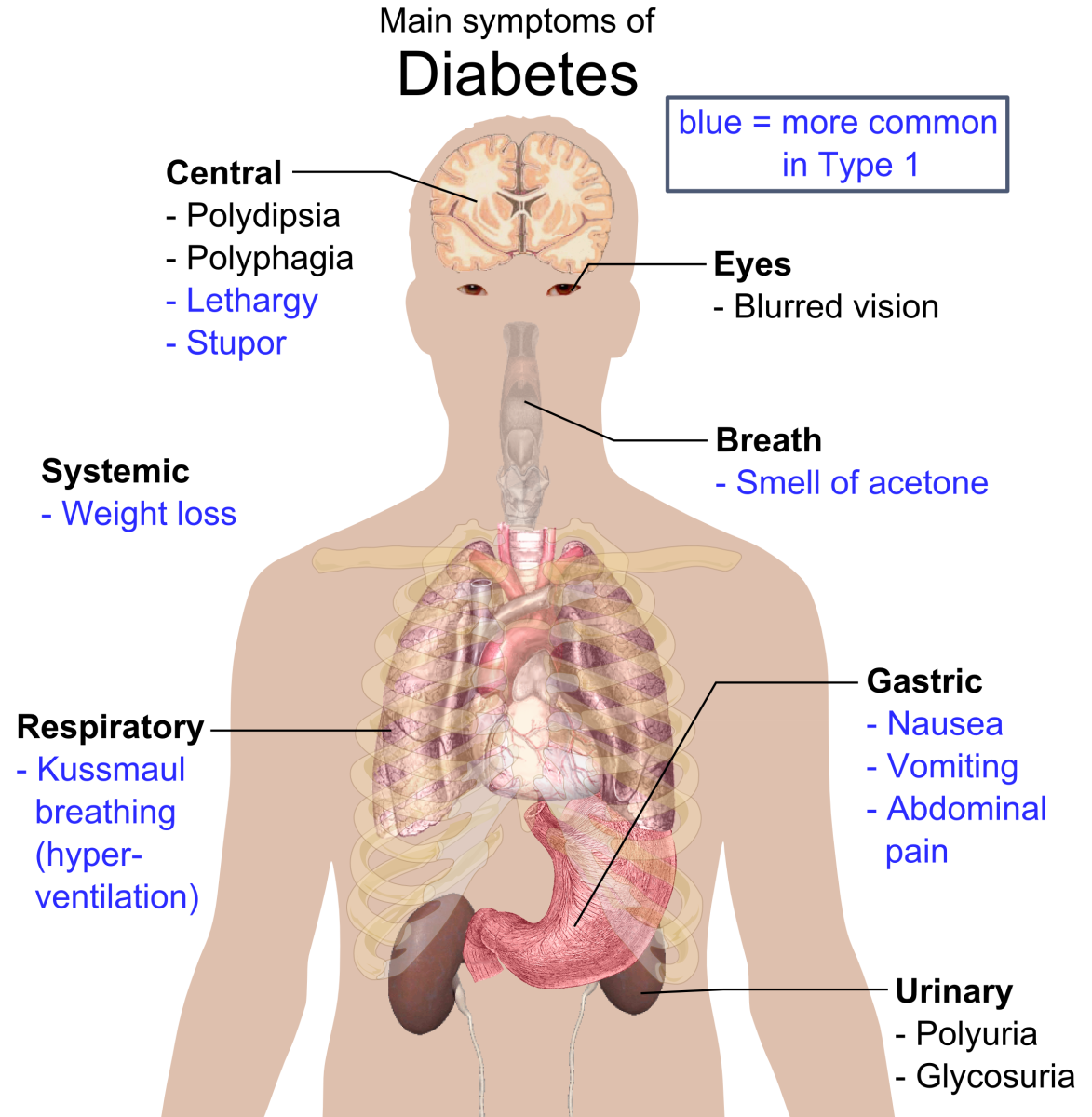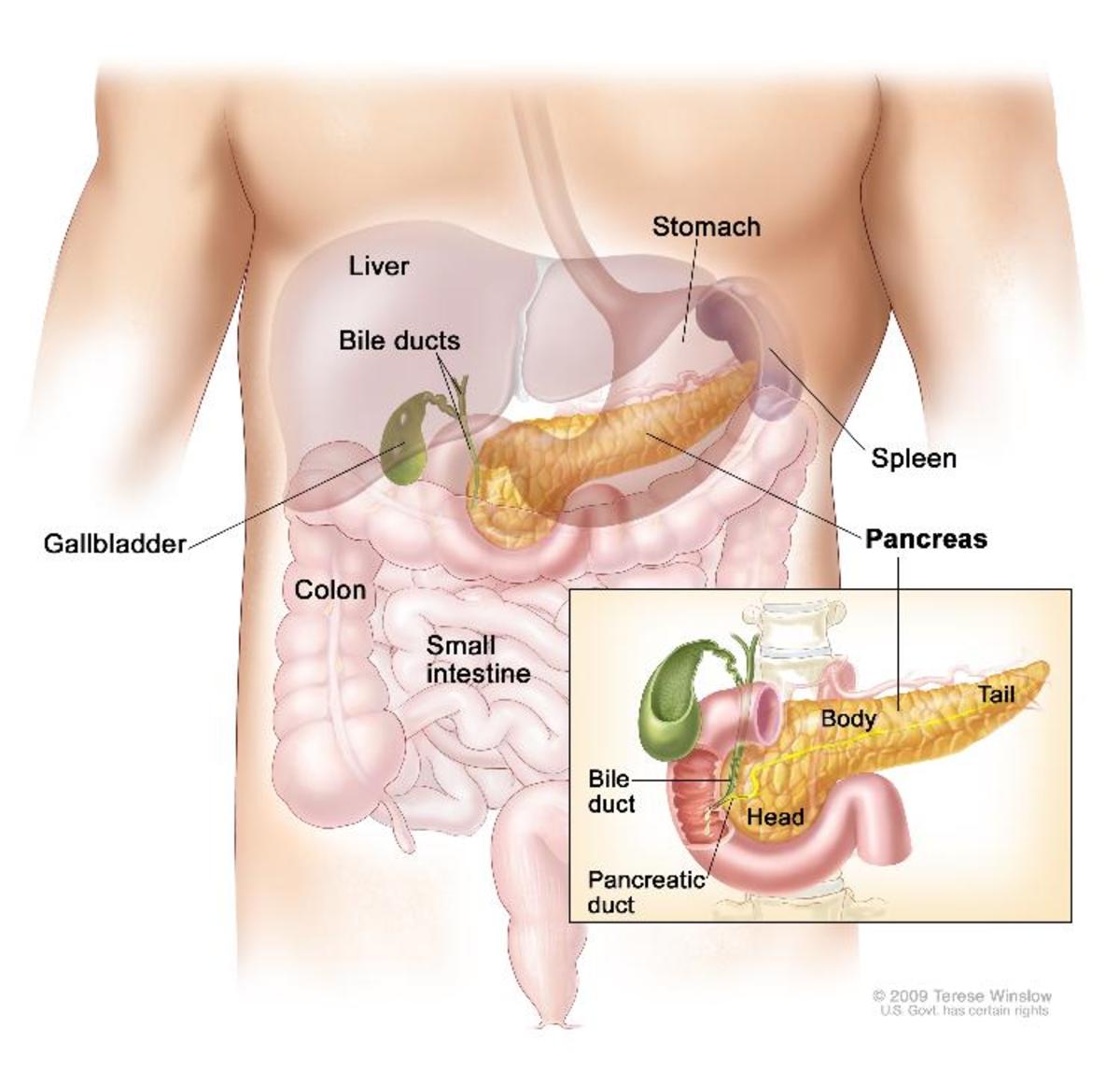Latest research shows that Type 2 diabetes is reversible.
The good news ...
Type 2 diabetes appears to be reversible, according to the latest research from a study by Newcastle University in the UK. This is very good news as this type of diabetes is fast becoming one of the most overwhelming health problems of our time.
The research team found that when a small test group of Type 2 diabetics (11 people in all) were put on a strict 600 calorie a day diet for eight weeks, their blood sugar levels were found to have normalised after as little as a week.
Starvation cures Type 2 diabetes.
Evidently this is not new news. The fact that comparative starvation cures Type 2 diabetes has been known for a long time. One expert in this field, Professor Edwin Gale of the University of Bristol, believes that if the country introduced rationing, as was necessary in the UK during World War 2, we could eradicate Type 2 diabetes.
Although the researchers stipulated that this finding pertained only to the newly diagnosed, by which they meant diagnosed within the last four years, they are continuing with their research to see if the diet can also help type 2 diabetics who have been suffering for a much longer period.
This would seem to be a possibility as many sufferers may well have had this form of diabetes for quite some time before being accurately diagnosed. In fact Type 2 sufferers can often have no symptoms at all and the condition is only picked up accidentally through other routine health checks.
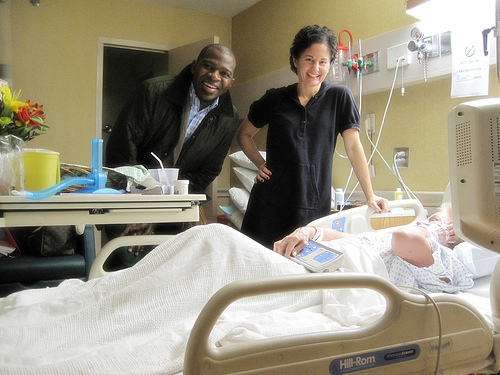

How does diabetes develop?
Diabetes is caused either by not enough insulin being produced by the body, or by the insulin that is produced not being properly utilised by the pancreas. The pancreas needs insulin to help it break down glucose into fuel for the body, to be used as energy. When this doesn't happen glucose, a form of sugar, builds up in the bloodstream causing diabetes.
Although some people are diabetic from birth, Type 1 diabetes, many more develop it later on in life. This is known as late onset or Type 2 diabetes and presently the incidence of Type 2 diabetes is growing at an alarming rate with 2.5million people thought to be suffering from it in the UK alone.
In the US the statistics are running out of control with some doctors predicting the condition could eventually bankrupt the health budget. And what is thought to be the major cause of late onset diabetes? Although it can sometimes be hereditary, it is more often caused by obesity. It's that simple.
What are the symptoms of Type 2 diabetes?
- Excessive thirst
- Excessive passing of urine
- Tiredness
- Blurred vision
- Fluctuation in weight
- Frequent infections, such as thrush
These may all be very mild and can go undiagnosed for years as many other health problems have similar symptoms. But the longer it goes undiagnosed the more serious the complications that can arise. Complications such as:
- angina
- heart attack
- stroke
- kidney damage
- damage to the eyes
- circulatory problems in the feet and legs that can lead to ulcers. (In extreme cases this can lead to amputation as the ulcers often do not respond well to treatment).
And, of course, in severe cases all diabetes can lead to coma with the possibility of death.
So how does the diet help?
Firstly, let me say, don't try this at home. This diet is so restrictive and specialised that it can only be undertaken in a hospital. Limiting the body to only diet drinks and certain vegetables that are low in starch would put too much of a strain on a body that has to go out to work.
However the startling results of this diet showed that after one week the trial subject's blood sugar levels, when taken before breakfast, had returned to normal.
After the full eight weeks the participants in the trial were given an MRI scan which showed that the fat surrounding the pancreas had decreased from 8% to the more normal 6% which could indicate that excessive fat around this important organ interferes with its correct functioning.
Although this seems like a very straightforward and simple cure it is important that there is a commitment to eating healthily once a normal diet is resumed in order to stay free of diabetes.
It must also be pointed out that although this study would appear to give hope to many diabetics, this diet has not yet been embraced as standard medical practice and is merely the beginning of some very valuable research.
Much is still to be learnt about whether or not this treatment can help people stay clear of diabetes permanently. There is also the question of whether or not some people are more susceptible than others to this condition and are unable to be helped by this method.

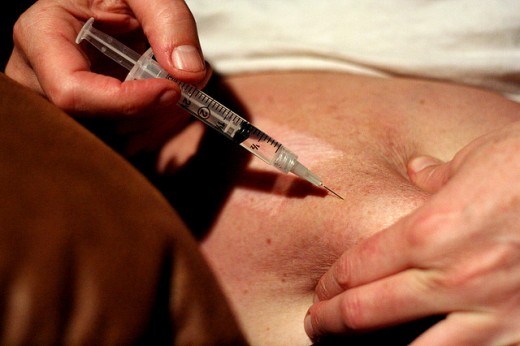

Could self-help be the key to keeping free of diabetes?
For most of us it seems likely that much can be done to help oneself stay free from Type 2 diabetes simply by following a balanced diet with plenty of fresh fruit and vegetables and whole foods as opposed to refined foods.
White rice in particular is known to cause a steep rise in blood sugar levels, as does white bread, so it is wise to replace them with brown rice and wholemeal bread which are complex carbohydrates and so release their energy much more slowly. But almost as important as eating the right foods is eating the correct amount for our body's needs.
The need to take dietary responsibility for our health.
It is obvious to all of us that overeating, which many of us tend to do in the richer, more developed nations, leads to being overweight. This is not rocket science. We consume more than our fair share of the global harvest and, with such exponential growth in Type 2 diabetes, it may be that we reap what we sow.
It is vitally important that everyone realises that for the most part their health is in their own hands as far as this form of diabetes is concerned. If you eat so much that you allow yourself to become obese then your health will suffer in many ways.
Just because the food is there and we can afford it does not mean that we have to continually indulge ourselves by constantly grazing or eating large amounts. It really should not be difficult to eat sensibly, to eat only when we are hungry, and to hear our bodies when they say they have had sufficient.
So many of us over-ride this message. If this means we have to eat more slowly to listen to our bodies that's no bad thing.
Eating the correct amount of healthy food can mean that not only do we avoid diabetes but that we also have more energy with which to exercise and the pay off there is ... the Holy Grail of modern day life ... we also look good.

